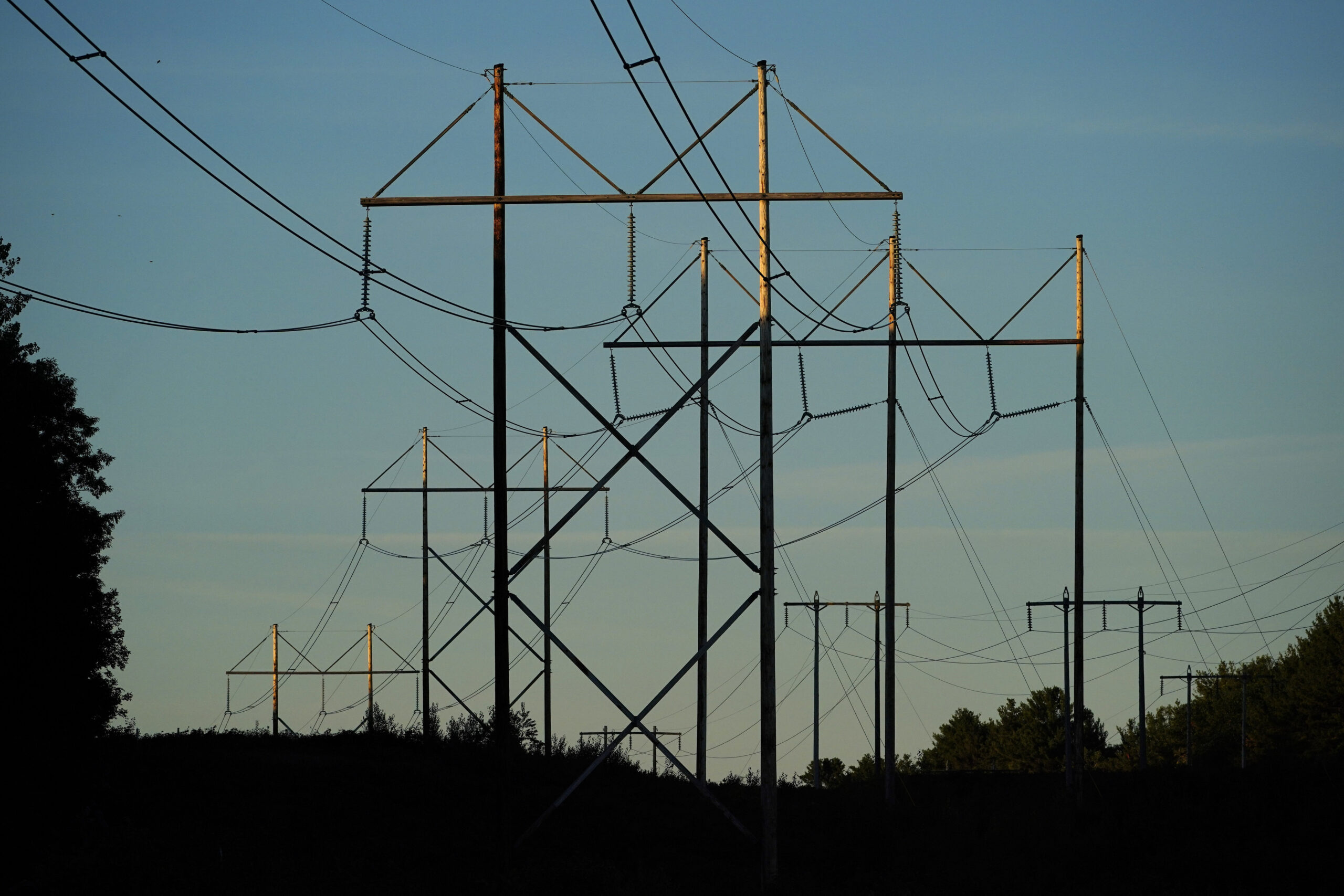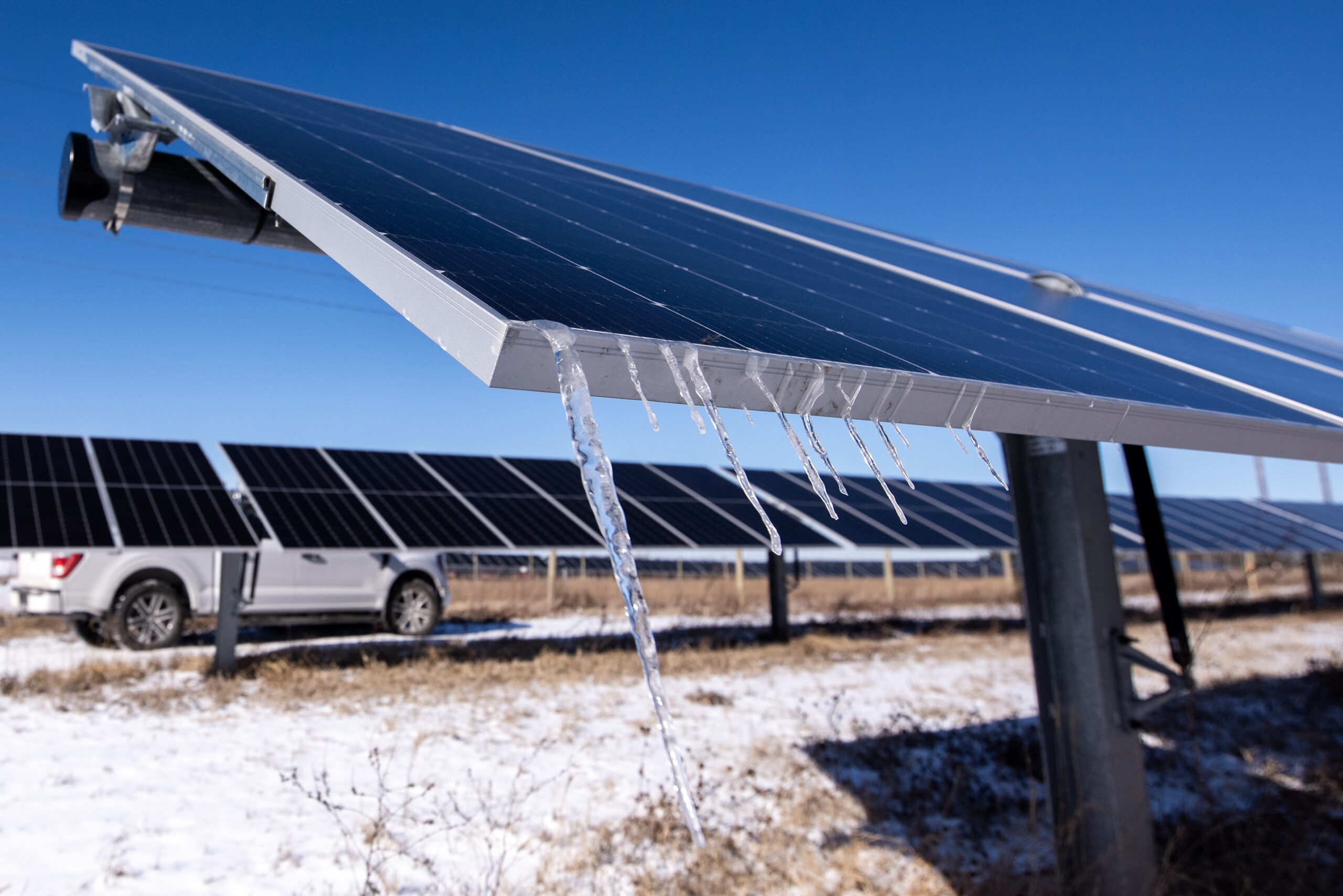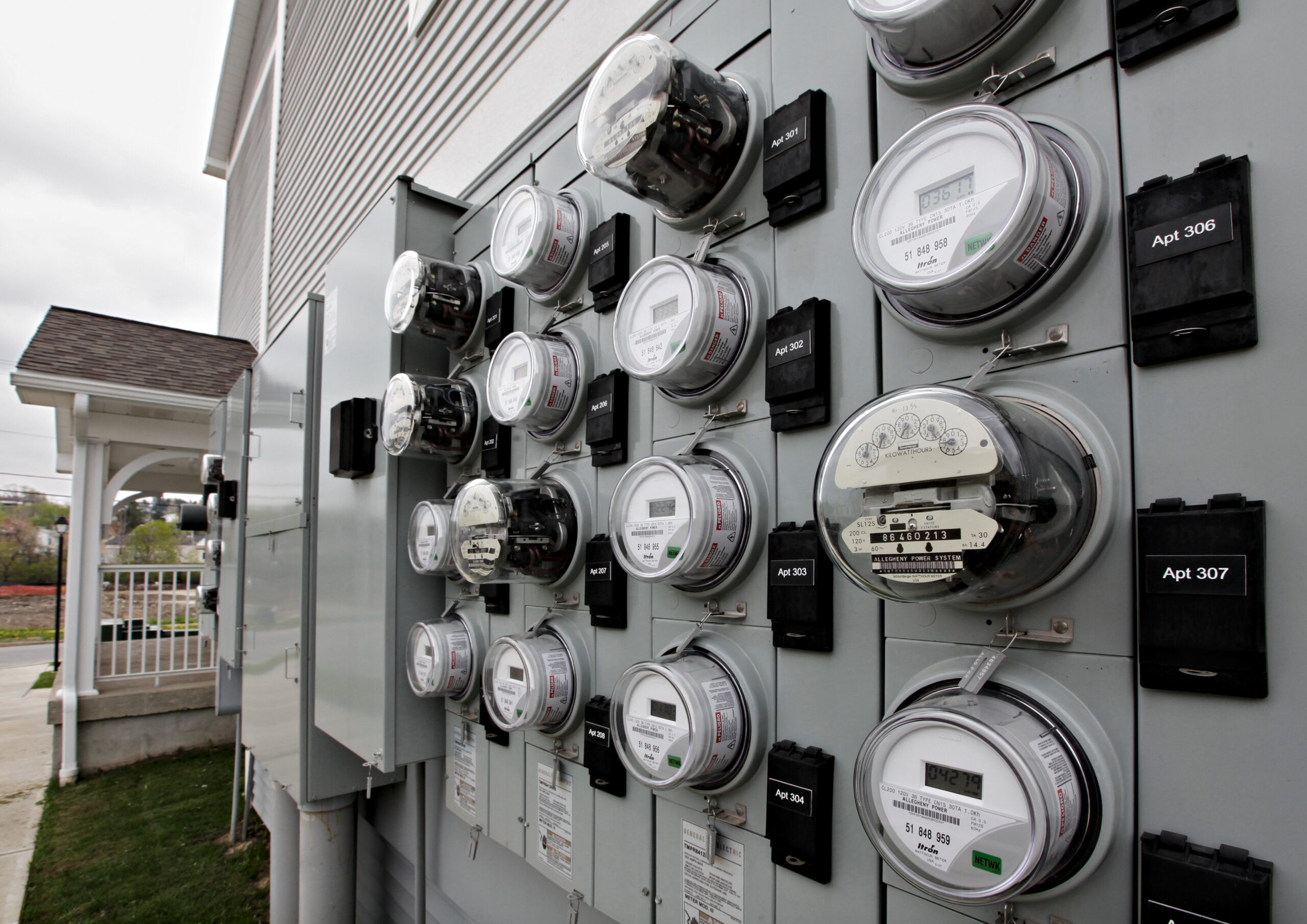As Wisconsinites have been bracing for extreme heat ahead of Wednesday and Thursday, so too have the state’s utilities as the Midwest electric grid could see electricity demand reach record levels.
Ahead of the heatwave, the Midwest grid operator called on utilities to “prepare every available resource” to prevent outages. That’s as much of Wisconsin is expecting heat indexes above 100 degrees on Wednesday and Thursday. The National Weather Service has issued an excessive heat warning for much of the state. Milwaukee Public Schools announced it’s closing schools and extracurricular programs Wednesday because of the high temperatures.
Electricity usage typically peaks when Wisconsin — and the upper Midwest — has factories and residential air conditioners running simultaneously during summer heat waves.
News with a little more humanity
WPR’s “Wisconsin Today” newsletter keeps you connected to the state you love without feeling overwhelmed. No paywall. No agenda. No corporate filter.
Projections from the Midcontinent Independent System Operator, or MISO, for Wednesday and Thursday showed the Midwest could exceed the record amount of energy drawn from the grid, 127 gigawatts, set in July 2011.
In a statement, Jessica Lucas, MISO’s executive director of system operations, said the grid operator anticipates “challenging operating conditions” throughout the week.
“We have issued several alerts and advisories based on the weather forecast,” Lucas said. “More emergency procedures may be required to keep the power flowing. That’s typical for a weather event like this.”
Earlier this year, a report from the North American Electric Reliability Corp. found that two-thirds of North America are at risk of energy shortfalls this summer during peak demand levels from extreme heat. And U.S. Rep. Tom Tiffany, R-Hazelhurst, echoed those concerns at a June press conference.
But Wisconsin utilities and state regulators say the state’s electric grid is ready for high temperatures.
Matt Sweeney is director of public and external affairs for the Public Service Commission of Wisconsin, or PSC. He said power outages due to excessive heat have been rare in Wisconsin because state regulators require utilities to plan for the hottest and coldest days of the year.
“Utilities are required to have enough power for peak demand plus a reserve margin to prepare for the unexpected,” Sweeney said in a statement. “The PSC and Wisconsin utilities have adequately prepared for this summer. We continue to monitor reports from MISO and the utilities during this heat wave.”
Likewise, officials from Alliant Energy, Xcel Energy and WEC Energy Group — the parent company of Wisconsin Public Service and We Energies — say they prepare for extreme weather conditions year-round.
“We design, engineer and construct our facilities to address all weather conditions, including extreme heat,” said Melissa McCarville, a spokesperson for Alliant Energy. “We have a diverse energy mix of generation resources that include wind, solar, natural gas and coal-fired power plants. This mix gives us plenty of options, so we can continually deliver the energy that our customers need.”
The three utilities offer an “interruptible” program for business customers, like manufacturers, that limits their power usage during peak demand times.
“Many (businesses) do participate in programs that allow us to actually control their power usage (when demand is high). That way we can make sure that we can distribute the power equally for everybody who needs it,” Xcel spokesperson Chris Ouellette said of the utility’s interruptible program.
Energy providers say there are steps residential customers can take to help reduce strain on the electric grid as well.
“You can manage your energy use and your energy costs when you get into periods of very hot weather like we’re going to see here over the next few days,” said Matt Cullen, a spokesperson for WEC Energy Group. “It comes down to understanding how your home uses energy, and then taking steps to maximize the efficiency of the different systems that are using energy.”
A few of those steps include:
- Keeping the sun out by closing blinds, shades and drapes.
- Adjusting your thermostat by keeping temperatures a few degrees higher when home and seven to 10 degrees higher when away.
- Delaying activities like cooking, drying and ironing until the sun goes down and the weather cools.
- Sealing cracks and gaps around windows, doors and siding to keep cool air inside and hot air outside.
Utilities say they’ll be tracking the impact of weather conditions on the electric grid and ensuring crews are ready to respond in the event of an outage.
“We really ensure that when any type of weather impacts our system that we have crews that are ready to respond safely and quickly when and if we do have outages,” said Ouellette. “Storms, obviously, keep us on a little bit more high alert than the heat does, but we are prepared.”
Editor’s note: Alliant Energy is an underwriter of Wisconsin Public Radio.
Wisconsin Public Radio, © Copyright 2025, Board of Regents of the University of Wisconsin System and Wisconsin Educational Communications Board.






